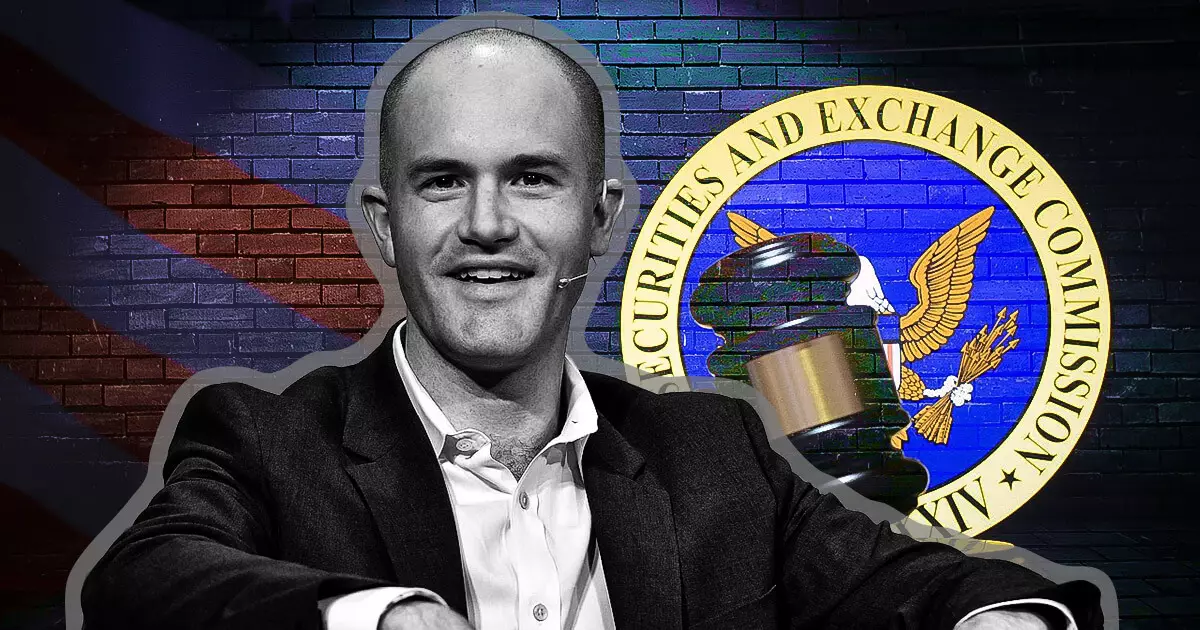In a decisive statement on December 3, Coinbase CEO Brian Armstrong made headlines by announcing the exchange’s intent to cut ties with any law firms that employ former regulatory officials implicated in what he terms “unlawful” activities against the cryptocurrency sector. This announcement came on the heels of news that Gurbir S. Grewal, the former Director of the SEC’s Division of Enforcement, has joined Milbank’s Litigation & Arbitration Group. Armstrong’s actions and words signal a growing rift between the crypto industry and regulatory institutions, illustrating his readiness to take a stand for the industry’s interests.
Armstrong’s criticisms heavily focused on the actions taken under former SEC chief Gary Gensler, which he alleges targeted the crypto industry without providing sufficient regulatory clarity. According to Armstrong, such a lack of guidance has created an environment rife with confusion, ultimately stifling innovation and growth within the sector. He asserts that senior officials in regulatory positions, including Grewal, had a moral obligation to speak out against these actions but instead chose to remain silent, asserting that they cannot solely hide behind a “just following orders” defense.
While Armstrong supports the notion of accountability, he also emphasized that he does not believe in “permanently canceling” individuals. Instead, he argues that the crypto industry should refrain from financially supporting those who have engaged in actions perceived as detrimental to its growth. His call to action encourages stakeholders within the industry to communicate their stance to law firms: align with ethical practices that support innovation, or risk losing valuable clients. This approach reflects a nuanced understanding of accountability, rejecting mob mentality while still advocating for ethical standards.
Grewal’s transition from government to private practice encapsulates a growing trend of regulatory officials migrating into legal advisory roles post-tenure. This shift often entails a deepening relationship between regulatory frameworks and the industries they oversee. However, Armstrong’s reaction underscores a significant concern within the cryptocurrency community regarding trust and moral conflict—especially as these professionals now wield influence in the private sector.
Ultimately, Armstrong’s pronouncement is more than just a business strategy; it is a clarion call for reform in regulatory practices affecting the cryptocurrency landscape. As Coinbase continues to navigate a complex and often adversarial regulatory environment, Armstrong’s resolve to establish ethical boundaries sets a precedent for how tech-driven industries might engage with regulatory forces in the future. The future of cryptocurrency hinges not only on technological advancements but also on fostering a regulatory landscape that values innovation and holds regulatory figures dignified in ethical conduct. As this conflict unfolds, it represents a critical moment for dialogue between the crypto industry and its regulators—one that could redefine the future of digital assets.














